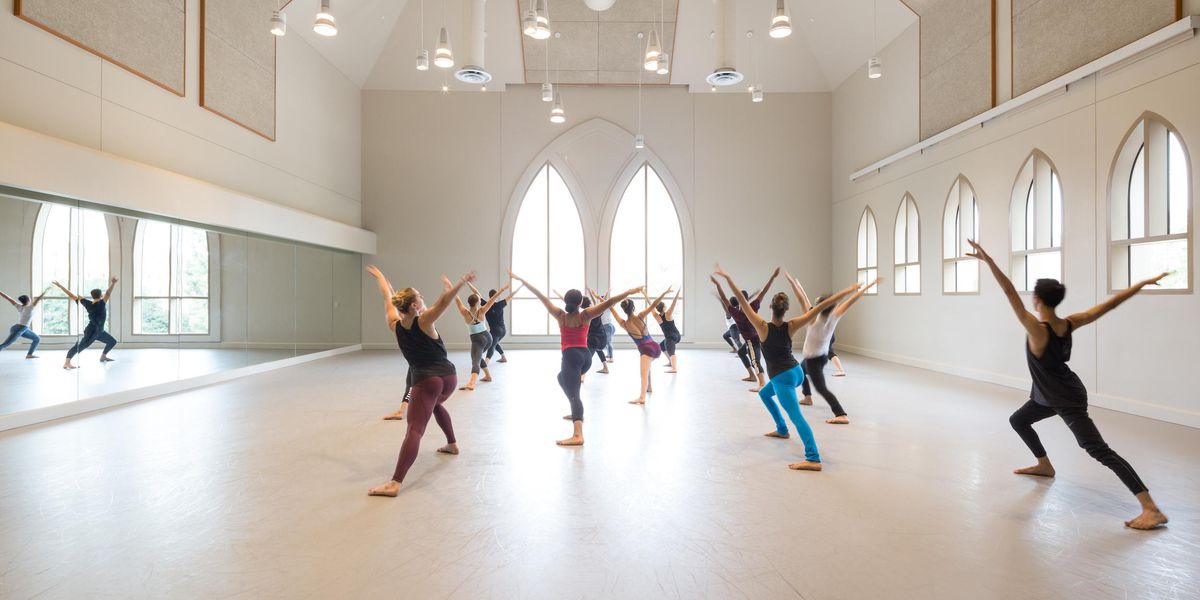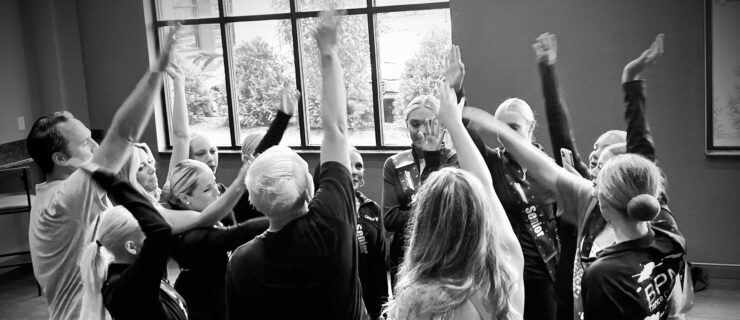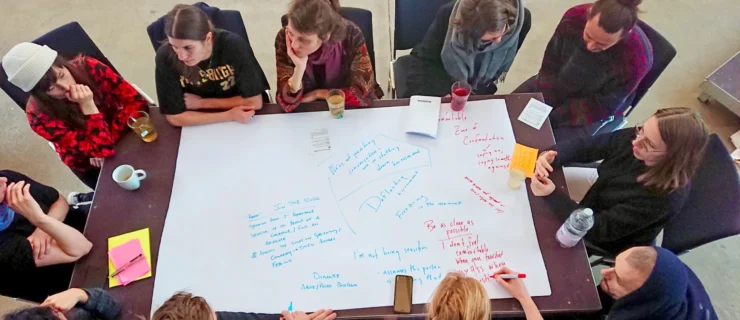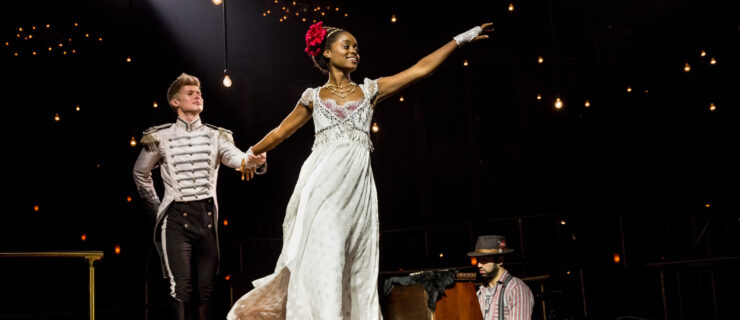Musicality Issues? It Might Just Be Your Brain.
You’ve listened to the music over and over again. You know the counts backwards and forwards, and how every step is supposed to align. You think you can’t go wrong, but when you get into the studio, you keep hearing the same criticism: you’re off the rhythm.
New York City Ballet’s Tiler Peck is often lauded for her precise yet playful musicality. Photo by Paul Kolnik.
It turns out, if nailing the musicality of your choreography is a constant struggle for you, it might come down to the way your brain processes rhythm. A new study found that variations in rhythmic coordination are caused by different levels of “neural entrainment,” or the way that rhythmic sensory input—like music—triggers synchronized brain activity. Eventually, this process allows your brain to predict the timing of upcoming beats. The study shows that those with stronger neural entrainment can more accurately match movement to rhythm. It makes sense—people who are better at internally predicting rhythm are more likely to be able to follow it. The study even found that some people could predict tempo changes in music.
But what does this mean for dancers? It’s not yet clear if the capacity for neural entrainment is something that can be altered, since we still aren’t sure why certain people’s brains have stronger abilities than others. But don’t fret: it’s possible that rhythmic skills can be boosted with recent advances in neuroscience. Plus, the wiring of your brain doesn’t have to define your relationship to rhythm—there are always ways to keep working on your musicality. After all, overcoming physical limitations is nothing new for dancers.




